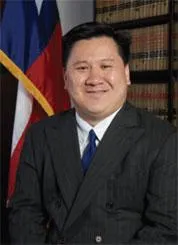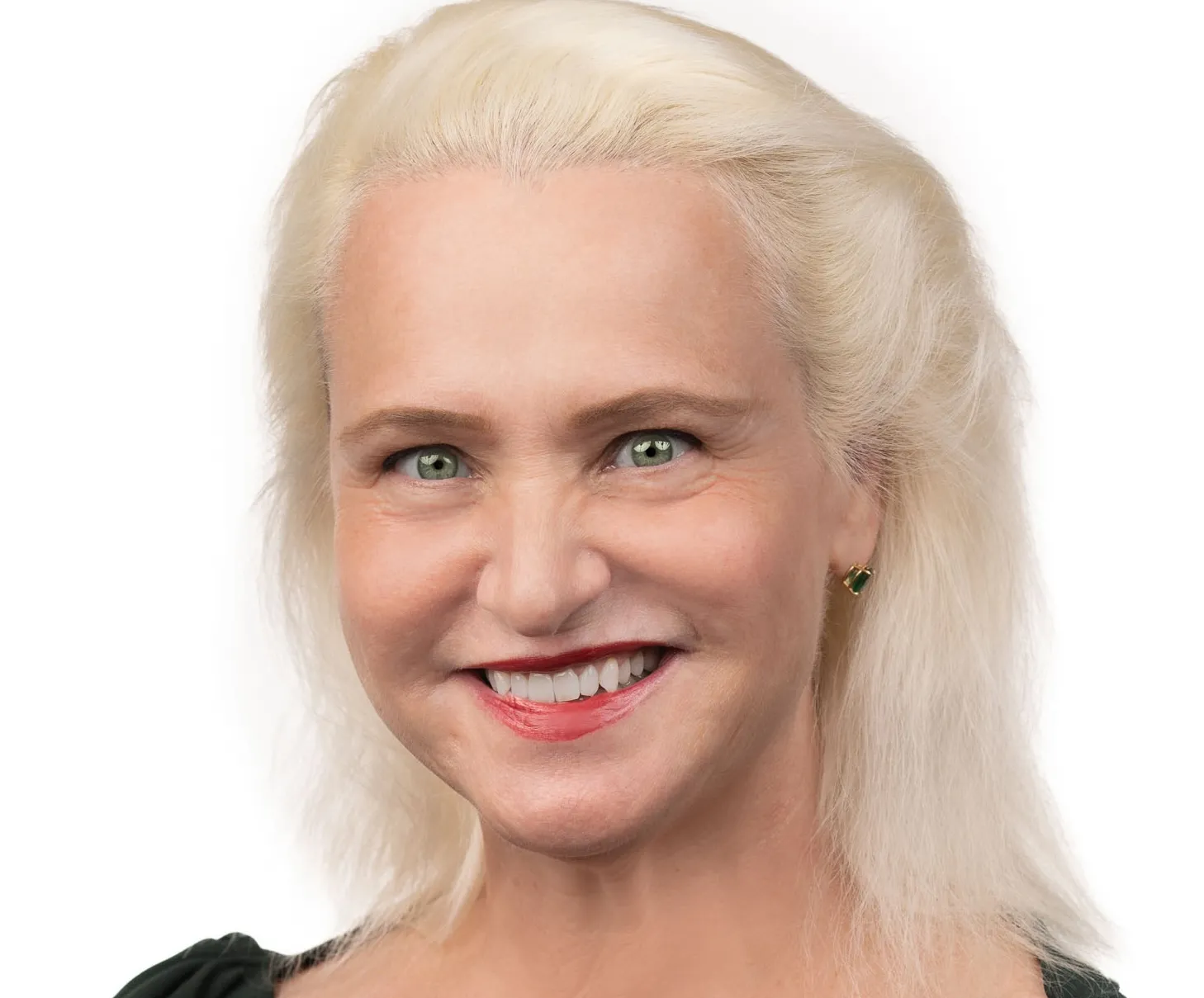Jim Ho, '99 and Anthony Johnstone, '99: The Solicitors General

As Justice Brandeis once wrote, "It is one of the happy incidents of the federal system that a single courageous state may, if its citizens choose, serve as a laboratory; and try novel social and economic experiments without risk to the rest of the country." To protect their prerogatives as the laboratories of democracy, many states have augmented their appellate litigation capabilities in recent years. Two 1999 graduates, Jim Ho and Anthony Johnstone, are at the forefront of that movement. Ho is Solicitor General (SG) of Texas, and Johnstone is State Solicitor of Montana.
Ho says, "The states are ground zero for many of the great constitutional debates of our day, and state SGs can play an important role in litigating those disputes." In one recent eight-day stretch, Ho argued two First Amendment cases in defense of high-profile, but very different, Texas laws-a mandatory "moment of silence" in public schools and an admissions fee on certain adult businesses that serve alcohol (the latter is referred to waggishly as "the pole tax"). This fall, he is scheduled to defend the Texas Open Meetings Act against a First Amendment challenge before the en banc panel of the U.S. Court of Appeals for the Fifth Circuit and Texas A&M University in the Texas Supreme Court in the aftermath of the 1999 bonfire collapse that claimed twelve lives.
Johnstone observes, "The people deserve the best representation we can give them," and he has recently provided that representation in cases dealing with, among many other things, school funding, a noted rural art museum, and state ballot initiatives ranging from marriage to medical marijuana. In September he will argue two cases in the Montana Supreme Court, one seeking a right to physician-assisted suicide and the other seeking to determine whether the bed of the Missouri River is public land while the United States Supreme Court hears arguments in a campaign finance case for which Johnstone wrote an amicus brief on behalf of twenty-six states.
In addition to briefing and arguing their states' most sensitive, challenging, and high-profile cases, they also advise their bosses, the states' attorneys general, on constitutional and other complex legal matters. Ho supervises twenty appellate lawyers in his office, while Johnstone, who works in an attorney general's office of twenty-five lawyers, handles most of his cases from the trial stage through appeal.
Both men say they are exhilarated by the breadth of the issues they get to deal with. "I can't think of a better, more interesting place to be," Johnstone says, and Ho comments, "It's frankly a little embarrassing to describe how much fun this job is." They both express great love for the states they now call home, although they have come by that affection in different ways. Johnstone's Montana roots go back five generations, and his career aim had been to return there. After graduation he clerked in Billings for Judge Sidney Thomas at the Ninth Circuit Court of Appeals before joining Cravath Swain & Moore in New York. A pro bono assignment as co-counsel in an ACLU challenge to Montana's public defender system enabled him to visit the state regularly, and in 2004 he was hired as an assistant attorney general. He became Solicitor last year.
Ho, who was born in Taiwan and grew up in Los Angeles, had no connection to Texas until law school, when he was offered a judicial clerkship in Houston with Judge Jerry Smith of the Fifth Circuit. After that clerkship he moved to Washington, D.C., where he worked in the Justice Department and was subsequently chosen by Texas Senator John Cornyn to serve as his chief counsel. Three years in that role were followed by a clerkship with Justice Clarence Thomas and then two years with the Dallas office of Gibson Dunn & Crutcher before his appointment as Solicitor General in 2008. Ho's path intertwines complexly with that of his wife, Allyson Newton Ho, a Houston native who graduated from the Law School a year after he did and later clerked for Justice Sandra Day O'Connor. They developed a friendship during law school that later blossomed into romance. "I feel very lucky," Ho says. "Because of my parents, I got to become an American, and because of my wife, I got to become a Texan."
Reflecting on their time at the Law School, both Johnstone and Ho say they could not have received better preparation for their current duties. Johnstone observes, "This job requires a practical understanding of the broad range of policy positions reflected in Montana law. We work for the people-we're not here to debate ideologies. At the Law School, the diversity of faculty and student perspectives helped prepare me to see many sides of any issue. Chicago-style lessons such as Cass Sunstein's deliberative models and Richard Posner's profound pragmatism also help frame arguments about how the laws we defend actually work in government and daily life."
Ho says, "I can't imagine better training for lawyers in any field, and especially for a job like this. At Chicago, you are taught to identify quickly and analyze comprehensively all of the pressure points in any legal argument. The last thing I want is to walk into court unaware of any potential weakness that someone might try to exploit to my client's disadvantage. Through its unswerving commitment to legal excellence and intellectual rigor, Chicago trains its students to make sure that doesn't happen."


